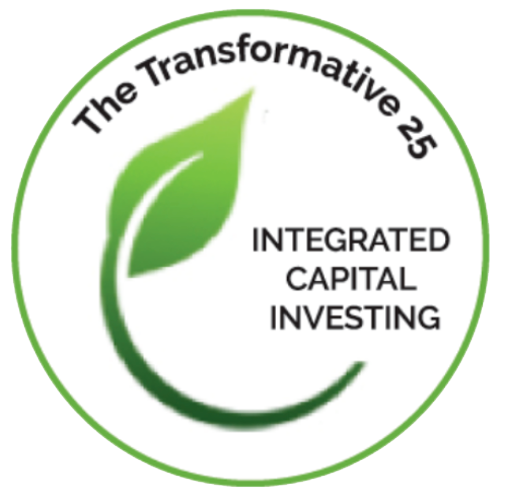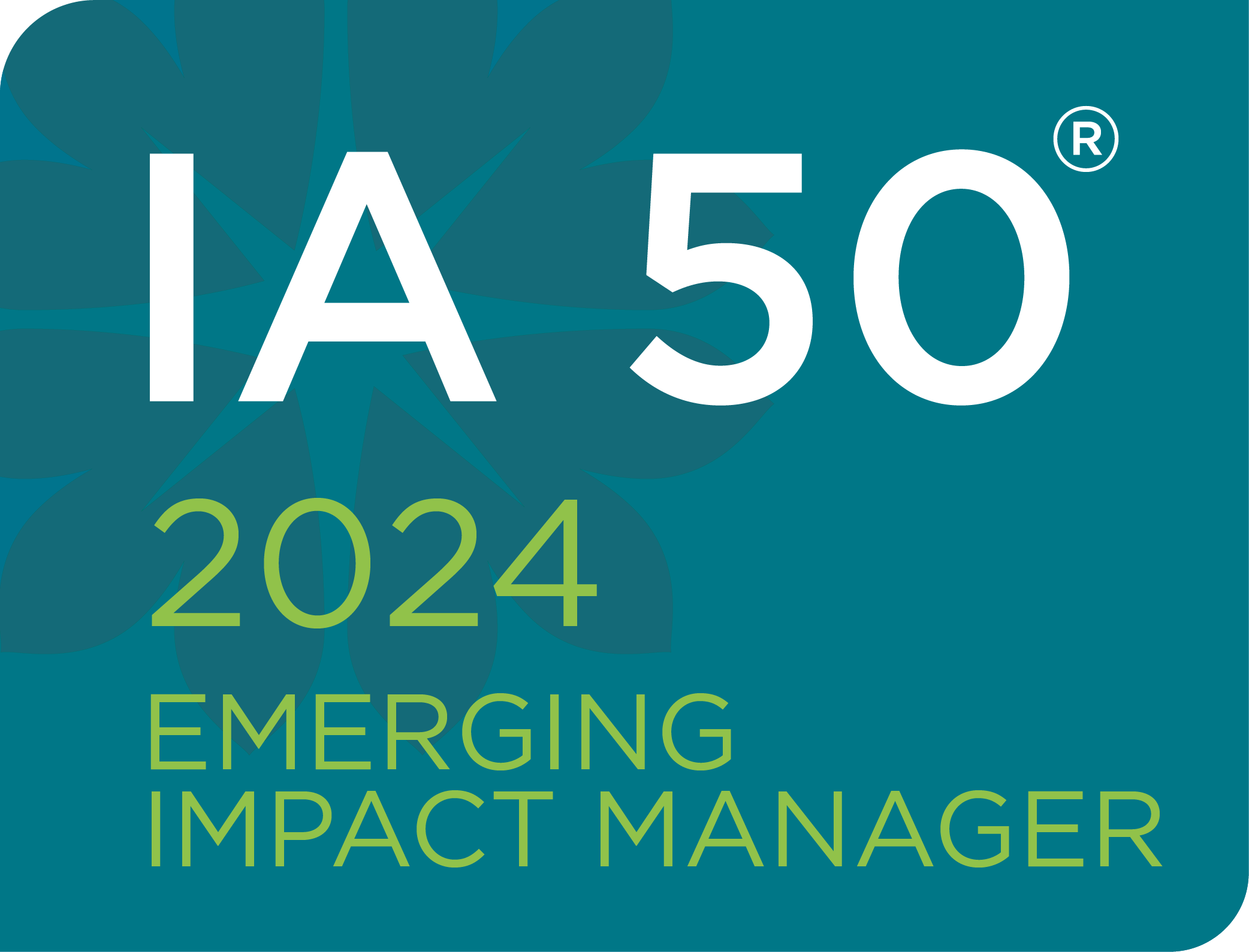The Center for Cultural Innovation (CCI)‘s AmbitioUS initiative awarded BII with a grant in support of the upcoming Fund Manager Cohort Convening, aligning with CCI’s mission to foster collaboration, innovation, and solidarity in the economic sector. This interview between Nyia Hawkins and BII delves into the motivations behind this investment and explores how CCI sees the convening as a critical piece in strengthening relationships and fostering collective empowerment within the impact investing space. With a focus on relationship-building in the solidarity economy, CCI’s AmbitioUS initiative views this grant as a long-term investment in the future of the leaders shaping our communities.

What motivated the Center for Cultural Innovation to fund BII’s Fund Manager Cohort Convening, and how do you see this investment aligning with your mission?
Since AmbitioUS began, we have felt a camaraderie with BII and have taken inspiration from you. AmbitioUS is focusing on relationship-building within the solidarity economy. We call it relational infrastructure – literally the bonds people form with each other. Bringing these four cohorts together in person is how we learn and grow together. For AmbitioUS, this grant is an investment, an investment in our present and our future, along with the leaders who shape that. We hope the relationships that are strengthened by this meeting will continue to grow long after AmbitioUS sunsets.
How do you envision the Fund Manager Cohort Convening contributing to the broader impact investing landscape, particularly in expanding the community of practice for impact investors?
Change happens from within the community, and many of those who participate in the cohort do place-based work and invest in the community from within. They share the lived experience of the people, culture, and organizations they invest in. Convening these fund managers in this community of practice is an opportunity for power-building amongst capital stewards with shared values, even if their vision isn’t exactly the same. Power-building for AmbitioUS is about transforming relationships between people, resources, and systems—moving away from exploitation and toward collective empowerment. This shift isn’t just economic; it’s cultural, and one of the best ways to start strong relationships and a culture of empowerment is through face-to-face conversations.
Our grantees are economic changemakers, who often tell us they feel isolated and have concerns about re-making the wheel, so to speak. By that, I mean not being able to take advantage of the lessons learned by system builders who are ahead of them. The Emerging Fund Manager Cohort and the convening have the potential to help economic changemakers identify people who are doing similar work. It’s an opportunity that can help them innovate, accelerate, or bridge experience and capacity gaps. What we love about BII’s curriculum is that it gives practical examples of geographically diverse but still aligned capital movement strategies. That brings us to the potential value of federation around solidarity economy models and alternative perspectives of scale. We can start to answer what it means to have local control in capital realignment and a broader national network to help create the conditions – sometimes through policy or infrastructure to make it easier for other local structures to come online.
In a world of Zoom and Google Meets, what feels important about convening mission-driven individuals in person?
We hear overwhelmingly from grantees, along with our own experience, that in-person meetings allow people to see people as people rather than just their job function. We were in Boston last October for Boston Ujima’s Assembly of Black Possibilities. BII’s CEO, Betty Francisco, joined us and a group of grantees for dinner. At that dinner, she met Dan and Ebony Edwards, the husband and wife co-founders of Kansas City-based neighborbuilt. They have a vision to develop large-scale, affordable, owner-occupied housing in neighborhoods historically impacted by systems of extraction and neglect across the country. Dan and Ebony are members of the current cohort because they made an in-person connection with Betty. They met first as people, and in having a meal together, they started a relationship, one that is continuing to develop, and who knows what it will lead to. There’s just something tangible and visceral about a dinner table bursting with conversation that the speaker view on Zoom isn’t going to give you.
What message would you like to share with other organizations and individuals about investing in programs like BII’s Fund Manager Cohort, and how can we collectively drive change through collaborative efforts?
The answer is in the question itself. How do we incentivize collective action? We bring people together. Change doesn’t happen in isolation, it happens in collaboration. There is a need for sectoral infrastructure programs like BII’s Fund Manager Cohort, particularly because of the need for greater cohesion. BII is stitching together localized and culturally based efforts to create an impact that is greater than the sum of its parts. We need to fund and invest in tools and strategies that provide connection and relief from pain points for the changemakers and organizations we fund and that help these individual efforts see that they are part of a larger, stronger whole. That’s how we help them arrive at their own points of self-determination and achieve a more sustainable economy overall.
___
A huge thank you to the Center for Cultural Innovation’s AmbitioUS initiative for sharing their insights and the inspiring work they do to support community-led efforts like BII’s Fund Manager Cohort. It’s clear that investing in relationships, collaboration, and the solidarity economy has the power to drive meaningful change in the impact investing landscape. The vision of fostering deeper connections, empowering leaders, and creating a sustainable future resonates deeply, and we look forward to seeing how these efforts continue to grow.





